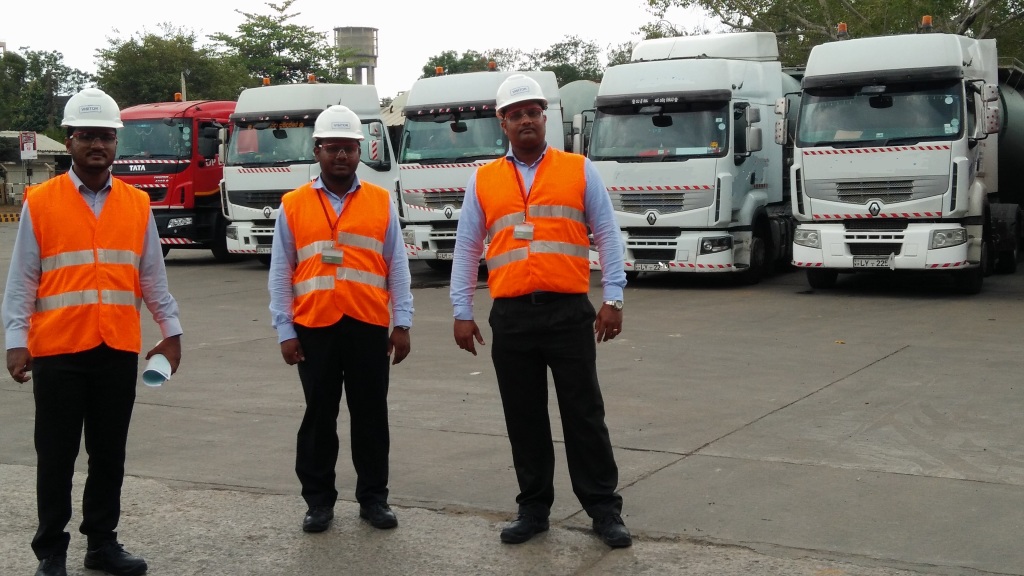FY 2020/21 will be a litmus test for businesses world-over. Sri Lanka’s status will be with bigger challenges, leading towards a recession of at least – 2% as predicted. The pandemic will challenge the businesses to the challenge named, “the survival of the fittest”.
However, mixed reactions on Logistics and Transport, many have marked the trade as a post-pandemic growth sector. But don’t expect business as usual, all stakeholders, People, Assets, Processes, and Systems needs to be gearing for the disruption.
Reassess Mobility for Optimizing Profitability!
Leave the CAPEX aside, even on OPEX from Utility, Wages, Perks, Structure, Facilities to Processes will be needing a paradigm shift for most businesses. Transportation costs will represent a larger slice of the expenditure pie of any corporate or institutional body.
Leave the pandemic aside, transportation trade in our local market (Sri Lanka) wasn’t efficient and productive enough, but was profitable at the cost of better business volumes. The situation is changing over the next couple of years and it’s going to be how well we find the best balance between costs and the operations.
We need asking a few questions now;

- Should we scale down our operations? Why?
- Is it due to a reduction of the need or consumption?
- New avenues, some are enjoying post-pandemic ops!
- If not why can’t we meet with our costs in meeting with the demand?
- Is efficiency, productivity, CPK, or TCO a problem?
- Aren’t there any other options in streamlining mobility with lesser costs?
However, it is expected some to add more miles due to more online businesses are emerging with more miles added on products. Still, the COP and TCO to be lowered, whiles maximizing efficiency and productivity.
Who will be benefiting from our services?
- Service and production operations with mobility needs
- Corporate entities with regular and/or mission-critical transportation needs
- Government corporations with mobility needs
- Fleet owners, Passenger and Goods transport
- Any organization where the transport costs challenge profitability
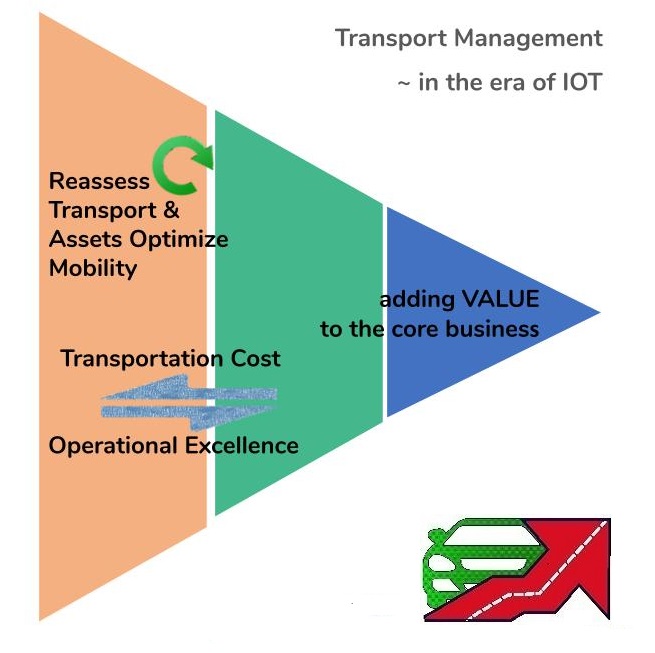
The focus needs to be on all sectors from assets to the environment. Even the ownership of assets (Vehicles, personnel etc.) will no longer be mandatory, except for some specialized services and products.
Optimum application of IOT with process automation, data management, analytics, and reporting for action will be the key drivers of not only survival, growth!
KEY FOCUS AREAS
Capital – both Human and materials
- Status-quo, transport audits, fleet audits
- Mobility need analysis, Is the asset or function really necessary?
- Utilization of assets (People and their skills) to maximum potential?
- Role and responsibility of capital, both human and material.
Human Capital
People factor matters most, knowing the status quo is an utmost priority.
- Do KPI’s cover the objectives, does the team accept it as a need or as a regulation?
- Is the JDs, SOPs, and Training do facilitate and leverage the performance goals?
- Training and career development plans; especially for Drivers, Operators, and Techs.
- The transport manager’s tool kit and his own KPI s.
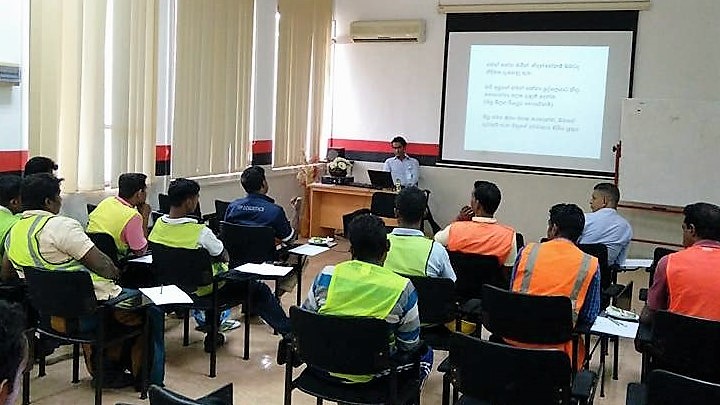
IoT, Transport/Fleet Management Software
We are in the era of IoT, big data and analytics play the role of disrupter on traditional systems and businesses. Half of the fortune 500 companies in the year 2000 had vanished, even their business models are non-existence in the wake and phase of digital transformation.
Many do not see road transportation as a modern business to align with IoT especially with predominantly Indian trucks and buses on our roads and traditional management practices.
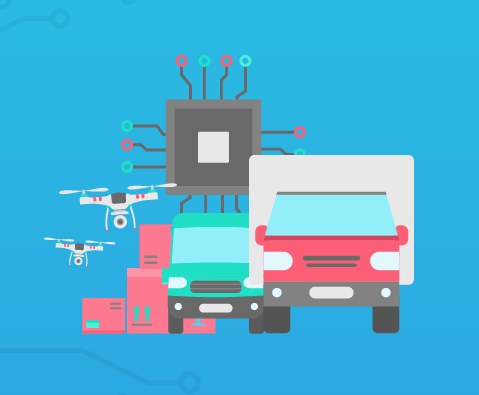
Although it’s not been measured the value of local corporate transportation, with specific analysis of several companies it is observed the technology and knowledge can make an impact of 25% in reducing annual transportation costs.
We deploy custom-made and off-the-shelf software on both on-premise and cloud platforms.
Asset, utility, and fuel management.
The application of knowledge and technology on Operations, Fuel, Maintenance, Facilities, and People will add value to businesses making a positive impact on the P&L / Bottomline with many topline benefits.
A logical need analysis followed by a sound strategy will deliver augmented results beyond expectations whilst meeting with the operational and business targets.
Financial modeling, Transport department as a profit center.
There are multiple areas we will be scrutinizing in transforming the transport department to a profit center.
- Is the function of transport or fleet is still a cost center?
- Is there a business plan for the transport/fleet department?
- Justification of the budgets, along with CPK/CPH and TCO.
- Budgeted Vs actual, historic variances in par with fleet utilization, key indices, and business.
- Cost optimization measures, does the process follow cost or cost follow the process?
- Knowing the “true cost” of fleet services, i.e. CPK/CPH. Competitive advantage & bench-marking against best practices, alternatives & countermeasure.
- Expense analysis, Recommendation, and Approval process of all expense categories.
- Capex – the presence of equipment need analysis, acquisition & disposal procedure.

The solutions to be developed will not be addressing the corporate bottom-lines only, there are multiple topline benefits. Compliance and environmental responsibility too a key focus, reducing your carbon footprint. That’s not the end though, we are responsible for the society as a whole in the immediate to longer terms.
Let us work in synergy to build a better corporate citizen. Talk to us to share our thoughts in meeting cost optimization and operational excellence along with your mobility needs.
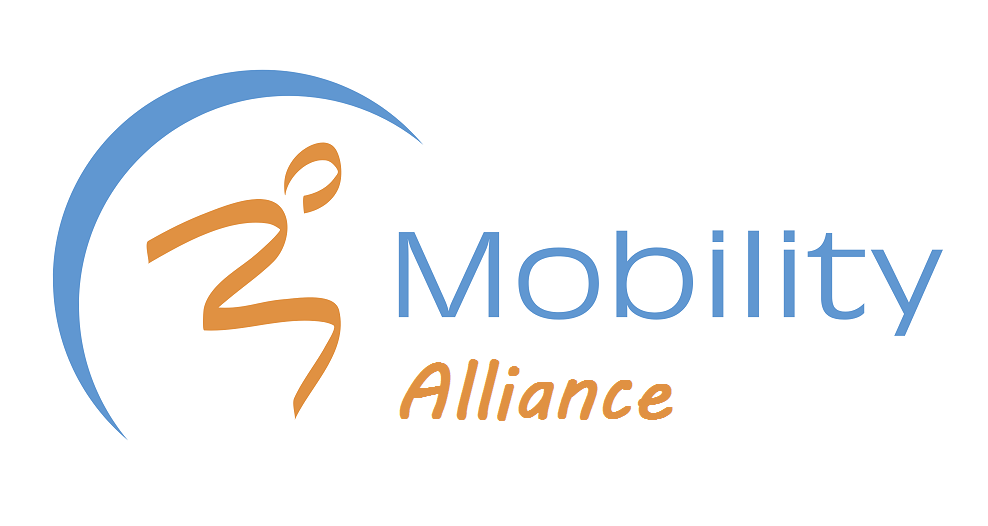
Reach Mobility Alliance to reassess the impact of transportation costs and excellence on your business goals.
Or email sujeeva@mobility.lk Read more on Corporate Mobility Management https://mobility.lk/2020/05/07/corporate-mobility/
Tel: +94 112 786 129 | +94 777 007 139
